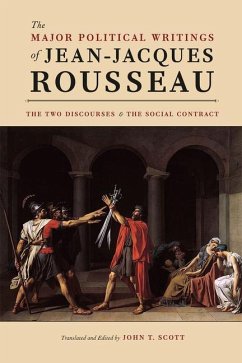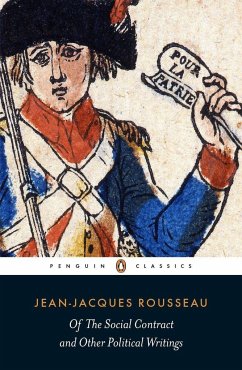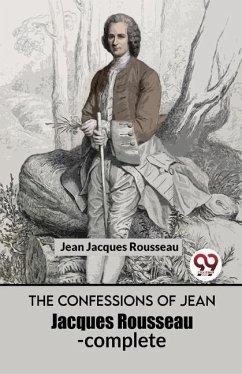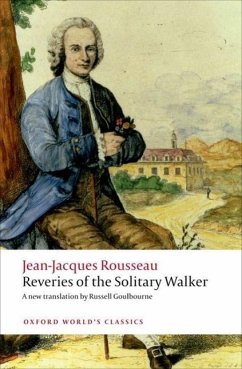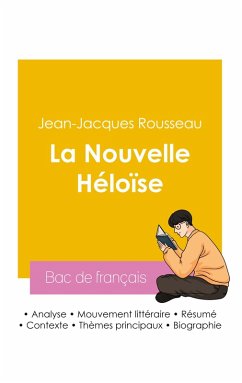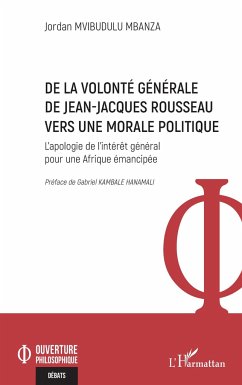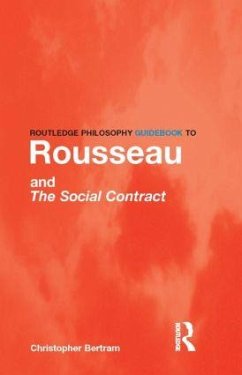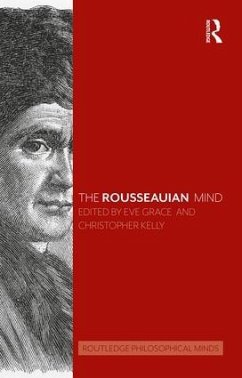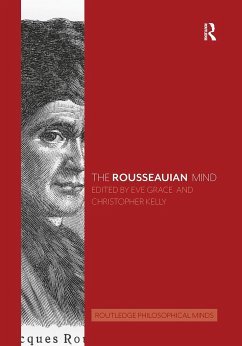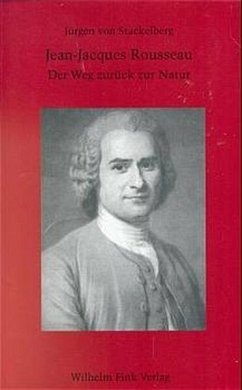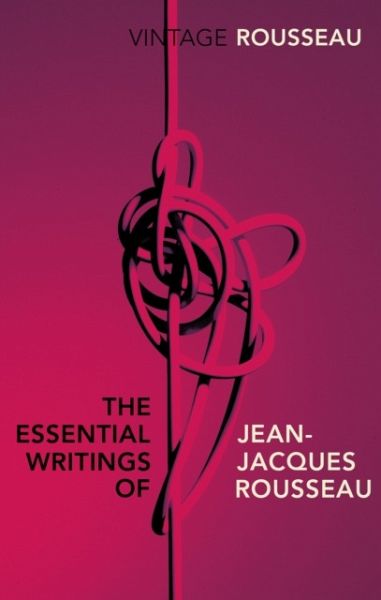
The Essential Writings of Jean-Jacques Rousseau

PAYBACK Punkte
11 °P sammeln!
'Man is born free, and everywhere he is in chains' is the dramatic opening line of The Social Contract, published in 1762. It laid the groundwork for both the American and French Revolutions. This translation includes Discourse on the Origin and Foundations of Inequality Among Men and The Social Contract in full.
Translated by Peter ConstantineEdited and with an new introduction by Leo Damrosch'Man is born free, and everywhere he is in chains' is the dramatic opening line of The Social Contract, published in 1762.





